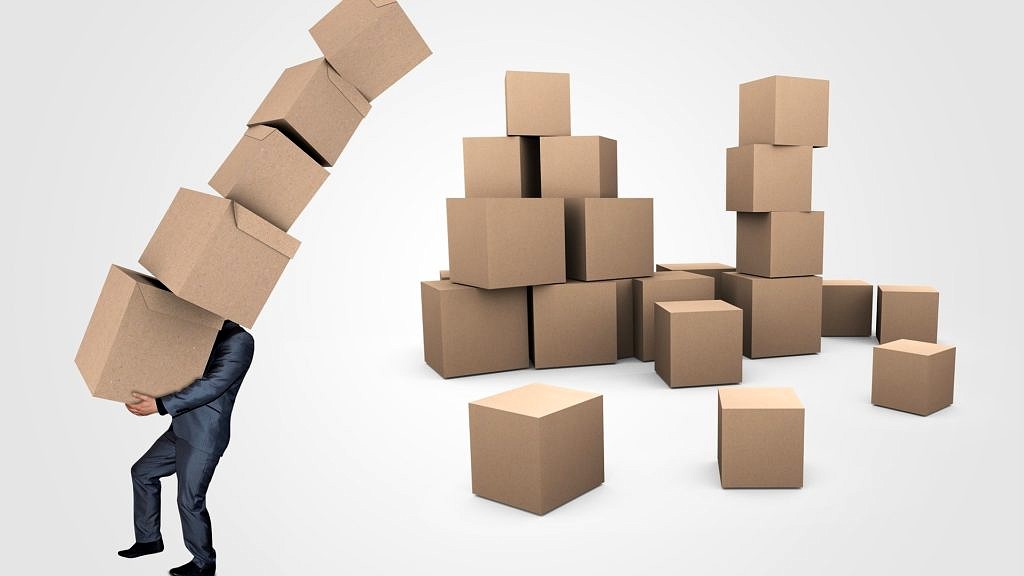The enormous return rates in many industries have a powerful impact on cost structures and produce major sustainability problems due to enormous waste. In the electrical industry alone, over 10 million tons of scrap is produced annually, of wahich only 20% is recycled. Much of it is even new material that is scrapped directly after return, leading to cost savings.
Through AI, this problem could be addressed. Smart sensors can detect broken or damaged parts and make suggestions in real-time to deal with such cases. Either the affected part is replaced, complete recycling occurs, or the device can be marketed with a flaw as a factory outlet. Since this process is very time-consuming and cost-intensive and can only be carried out by humans nowadays, many companies do without it completely. Although recycling requires only 10% of the total energy of a value chain and would avoid up to 80% of CO2 emissions, it is still too costly for companies as long as automation provided by an AI is not available. The AI could also help in remanufacturing the equipment to determine the most efficient way of recycling and facilitate humans‘ work by using smart robots.
Through AI, it is possible in many ways to reduce climate change, resource depletion, and the human footprint while still allowing people in the reverse logistics departments to do a huge amount of the work.


0 Kommentare zu “AI in the industry – Return logistics”